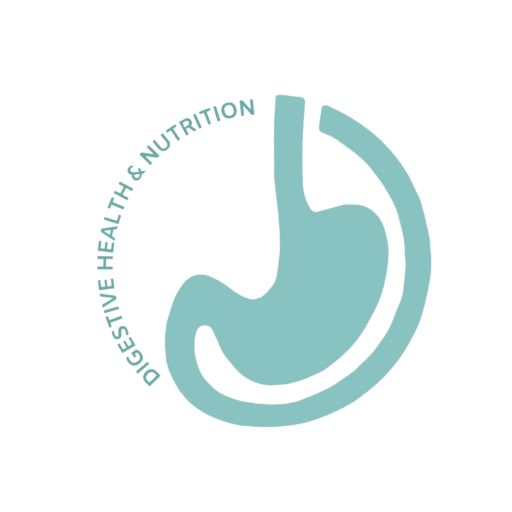Eosinophilic Gastrointestinal Disorders (EGIDs)
Eosinophilic Gastrointestinal Disorders (EGIDs) refer to a group of conditions where an abnormal number of eosinophils, a specific type of white blood cell, accumulate in various parts of the digestive system. This buildup can lead to inflammation and a range of digestive symptoms. The severity and specific symptoms depend on where the eosinophils accumulate within the gastrointestinal tract.
Eosinophilic Esophagitis (EoE) EoE is the most common of the EGIDs and occurs when there is an increased number of eosinophils in the esophagus, which is typically free of these cells in a healthy state. EoE can lead to symptoms like:
- Difficulty swallowing
- Feeding problems (in children)
- Vomiting and reflux
- Heartburn
- Nausea
- Abdominal or chest pain
- Food impactions (food getting stuck in the esophagus)
These symptoms can vary depending on the patient’s age and can significantly impact their quality of life.
Additional Types of EGIDs
- Eosinophilic Gastritis (EG): Inflammation caused by eosinophils in the stomach.
- Eosinophilic Gastroenteritis (EGE): Involves the stomach and small intestine, causing a wide range of digestive symptoms.
- Eosinophilic Colitis (EC): Affects the colon and can result in abdominal pain, diarrhea, and other gastrointestinal symptoms.
Educational Resources:
These resources provide in-depth information on symptoms, diagnosis, and treatment options for patients dealing with EoE and other eosinophilic gastrointestinal disorders.

